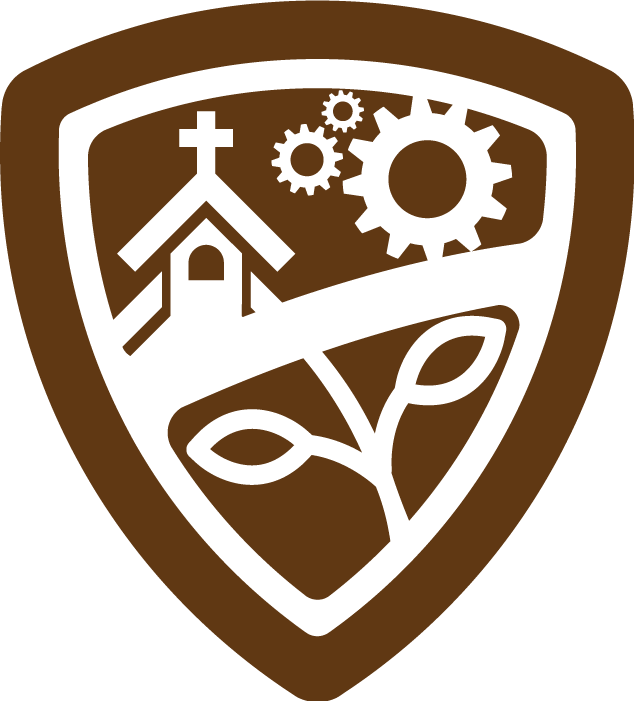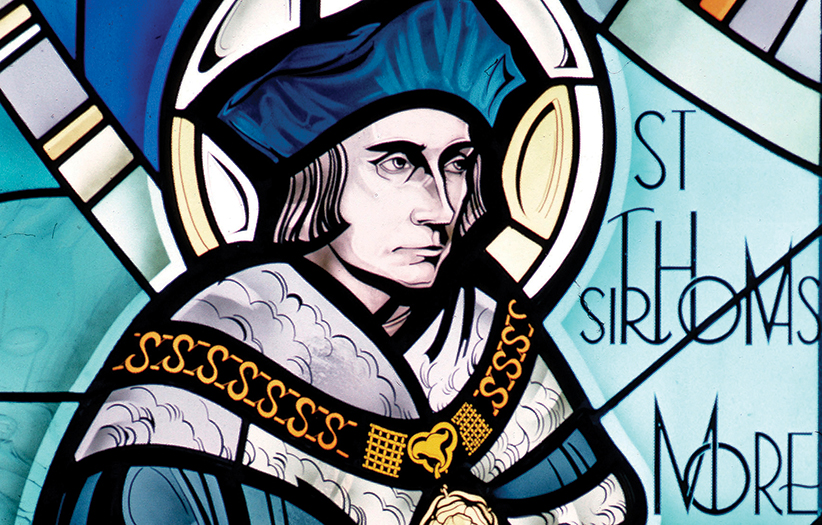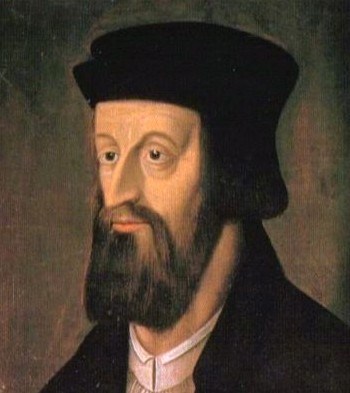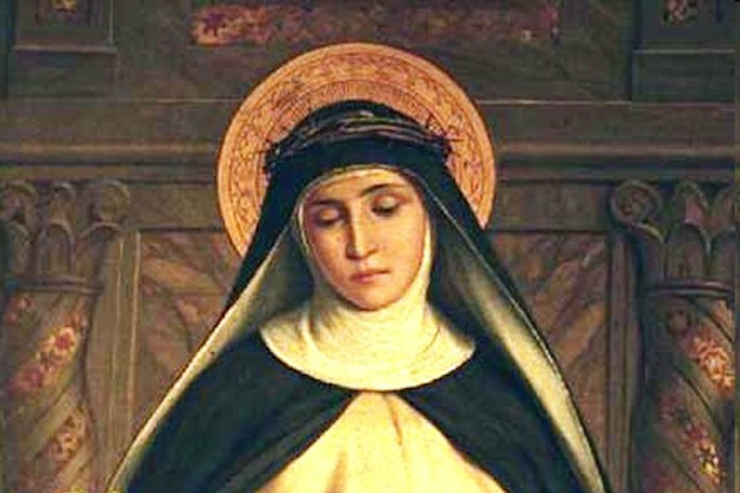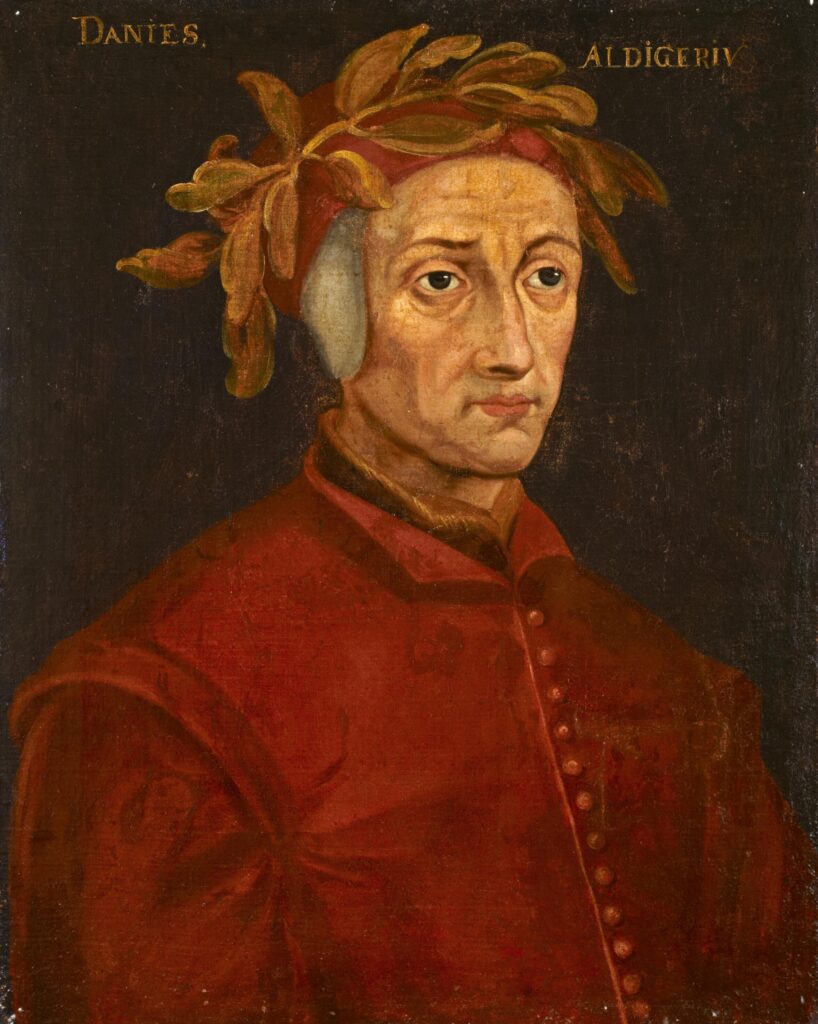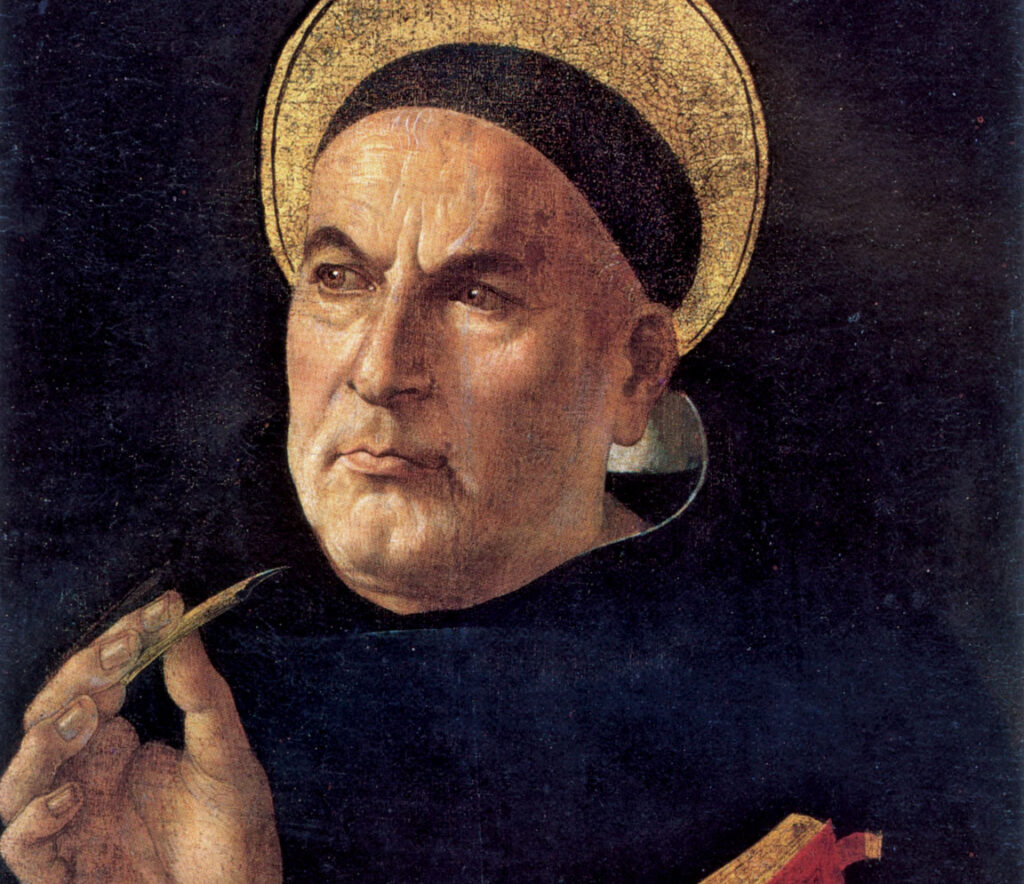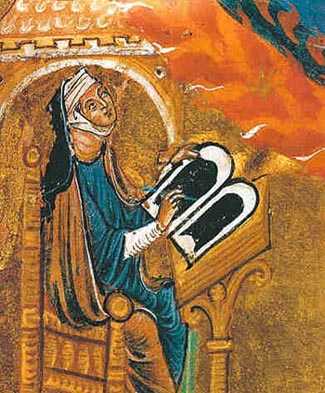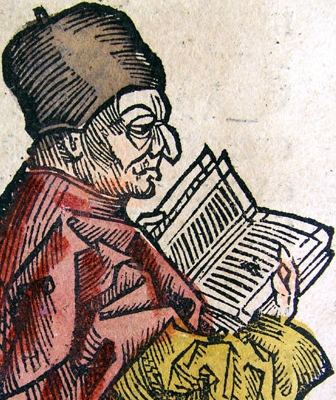Posts by Zach Kincaid
Thomas More
Today we know Sir Thomas More primarily as the author of Utopia, and as one of the more famous martyrs of Henry VIII’s reign. The popular image is of a man – principled, steadfast, courageous – who placed his own conscience above his king’s demands. Yet if you were to ask More’s contemporaries to describe…
Read MoreJan Hus
The fifteenth-century church reformer Jan Hus is known as much for his controversial execution at the Council of Constance in 1415 as he is for his teachings. His legacy for the Protestant Reformation remains that of a controversial late medieval pastor who sought the reform of the church in his lands. It was in fact…
Read MoreCatherine of Siena
The value Catherine makes central in her short life and which sounds clearly and consistently through her experience is complete surrender to Christ. What is most impressive about her is that she learns to view her surrender to her Lord as a goal to be reached through time. She was the 23rd child of Jacopo…
Read MoreJohn Wycliffe
John Wycliffe has been called “The Morning Star of the Reformation.” The morning star is not actually a star, but the planet Venus, which appears before the sun rises and while darkness still dominates the horizon. The morning star is unmistakably visible. Darkness dominated the horizon in the fourteenth century, the century of Wycliffe, who…
Read MoreDante Alighieri
Dante Alighieri is beyond doubt the greatest of Italian poets, and, many readers think, one of the greatest poets that Western civilization has produced. W B Yeats called him “the chief imagination of Christendom.” T S Eliot said: “Dante and Shakespeare divide the modern world between them. There is no third.” He was born in Florence, Italy,…
Read MoreFrancis of Assisi
Francis of Assisi was a poor little man who astounded and inspired the Church by taking the gospel literally—not in a narrow fundamentalist sense, but by actually following all that Jesus said and did, joyfully, without limit, and without a sense of self-importance. Serious illness brought the young Francis to see the emptiness of his…
Read MoreThomas Aquinas
Thomas is believed to have been born in the castle of Roccasecca in the old county of the Kingdom of Sicily, which is now known as the Lazio region of Italy, in 1225. His parents were well-off, but as the youngest son Thomas was expected to enter the monastery. At 5-years-old, Thomas began his education…
Read MoreHildegard of Bingen
Abbess, artist, author, composer, mystic, pharmacist, poet, preacher, theologian—where to begin in describing this remarkable woman? Born into a noble family, she was instructed for ten years by the holy woman Blessed Jutta. When Hildegard was 18, she became a Benedictine nun at the Monastery of Saint Disibodenberg. Ordered by her confessor to write down the…
Read MoreBernard of Clairvaux
Bernard, third son of a Burgundian nobleman, was born in 1090. His brothers were trained as soldiers, but Bernard from youth was destined for scholarship. One Christmas Eve as a child he had a dream about the infant Christ in the manger; and the memory of it, and consequent devotion to the mystery of the…
Read MoreVenerable Bede
It is possible that the inventor of the concept of the English was actually Pope Gregory the Great, when around 580 noticing fair haired slaves for sale in an Italian marketplace he was told that they were Angles: ‘Not Angles, but angels’ was said to be his reply. Whether this story is true or not,…
Read More